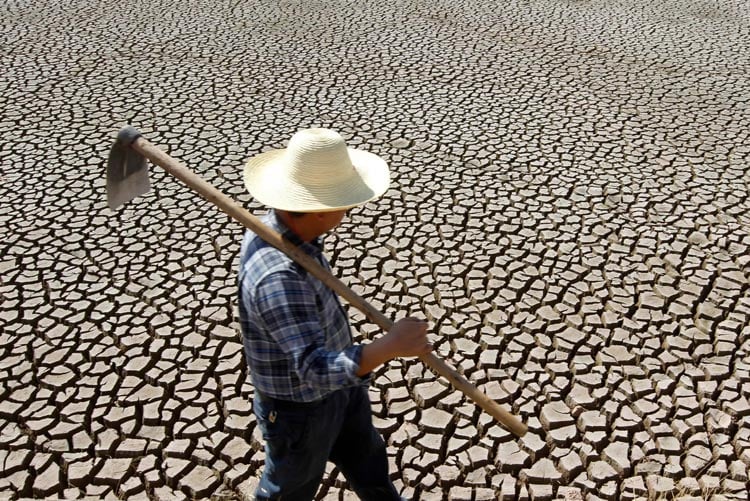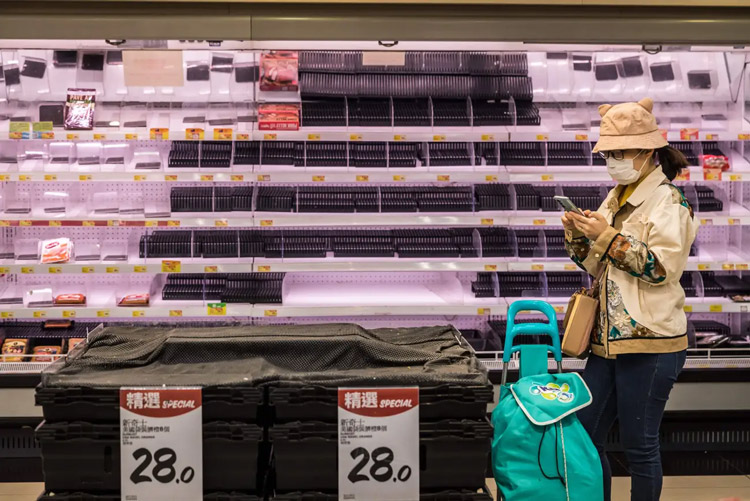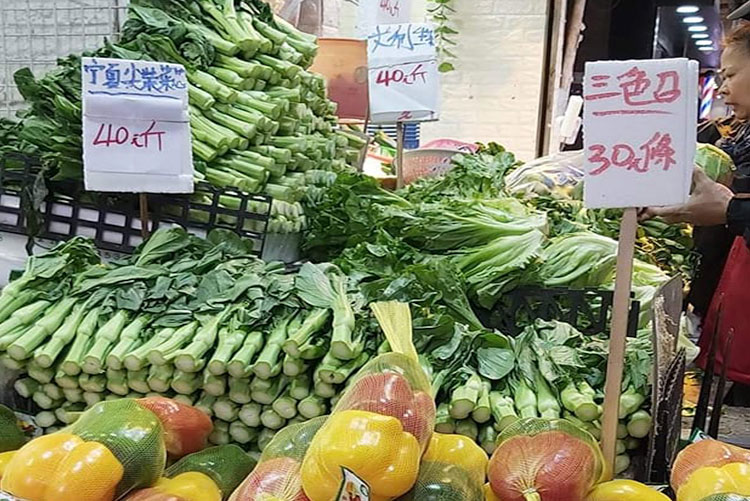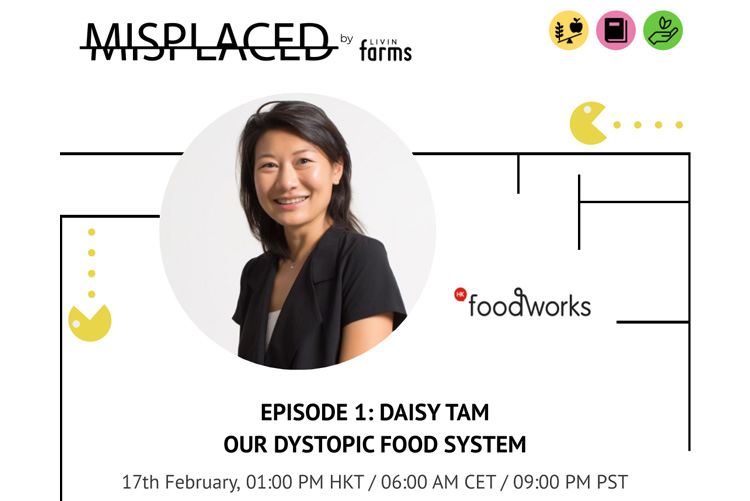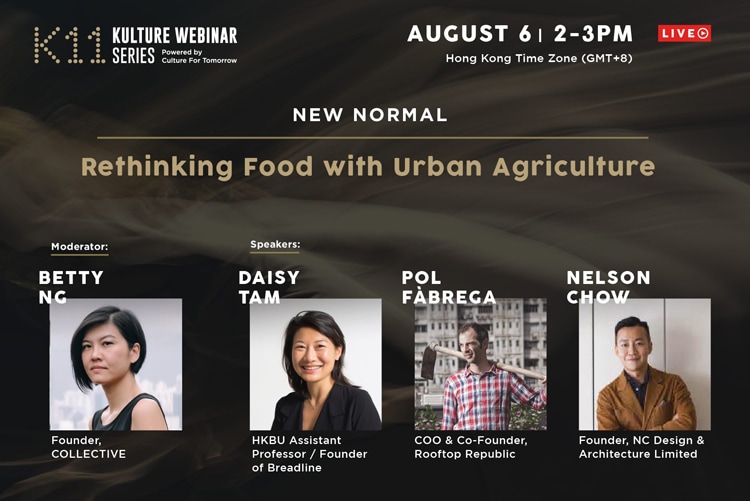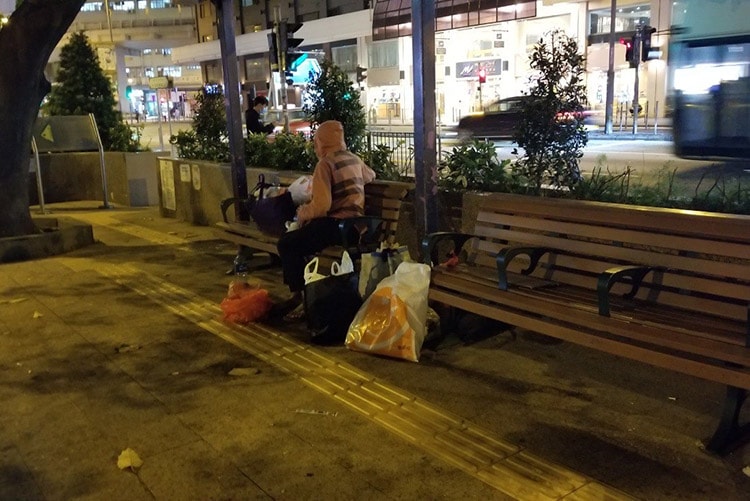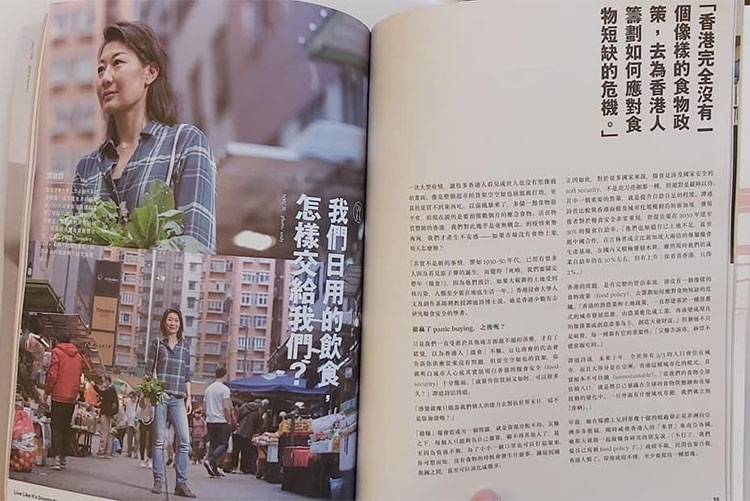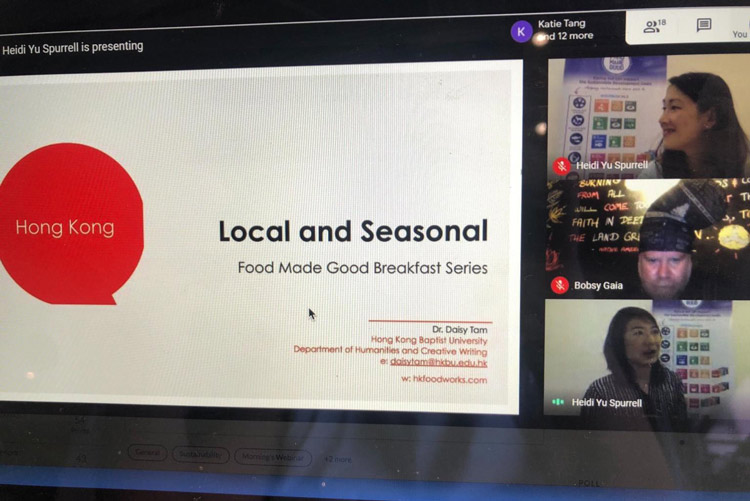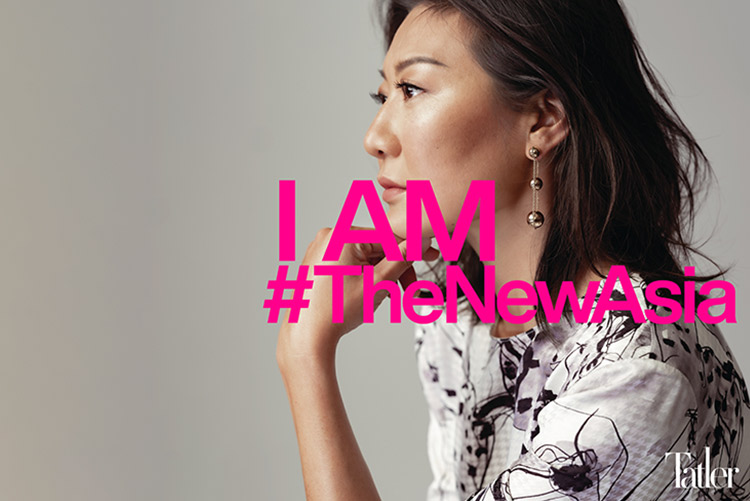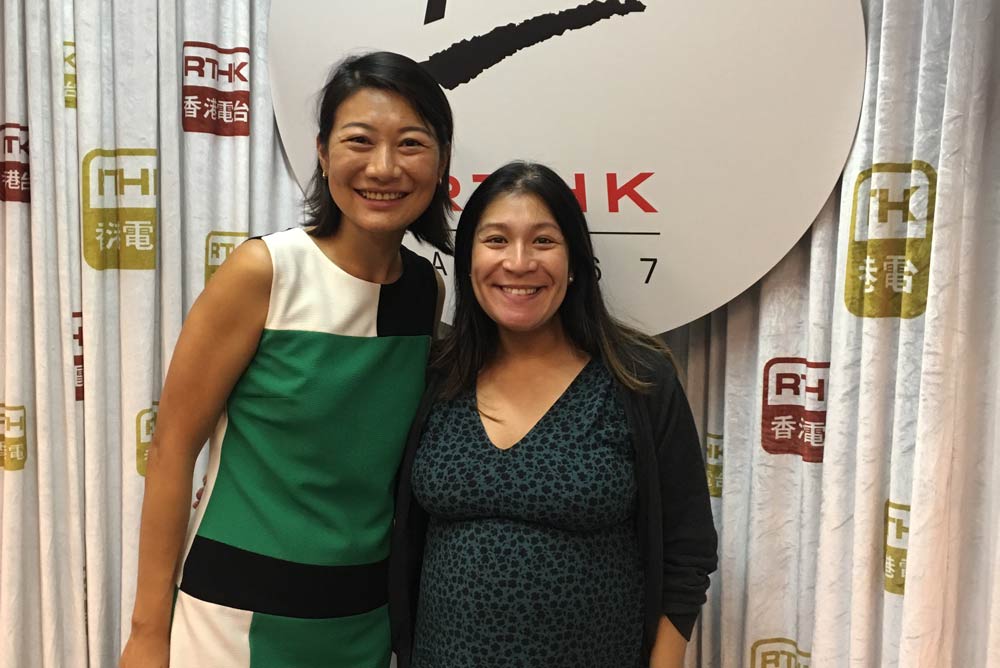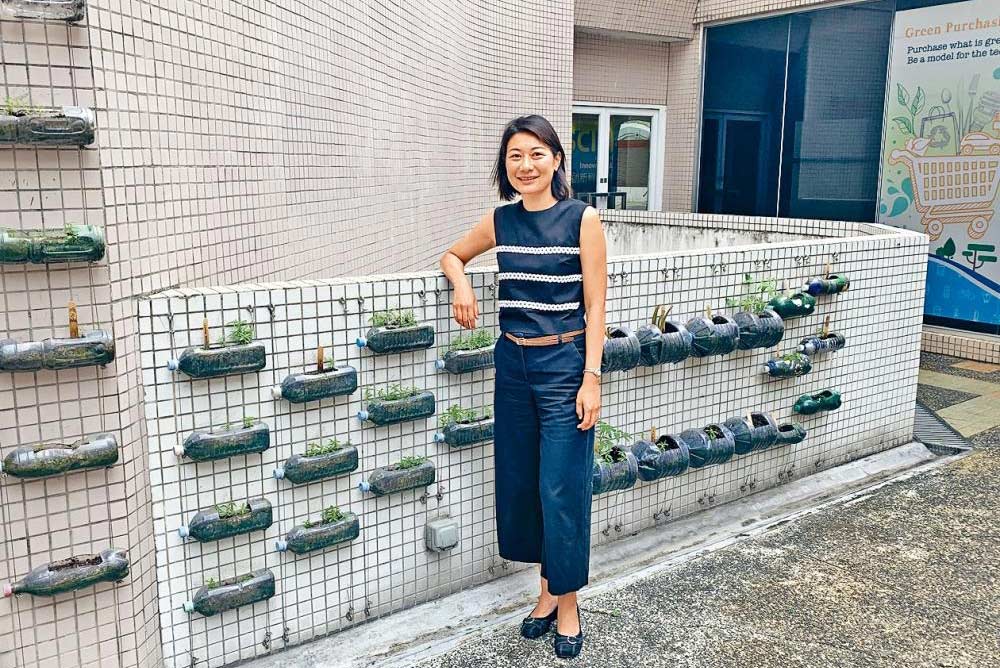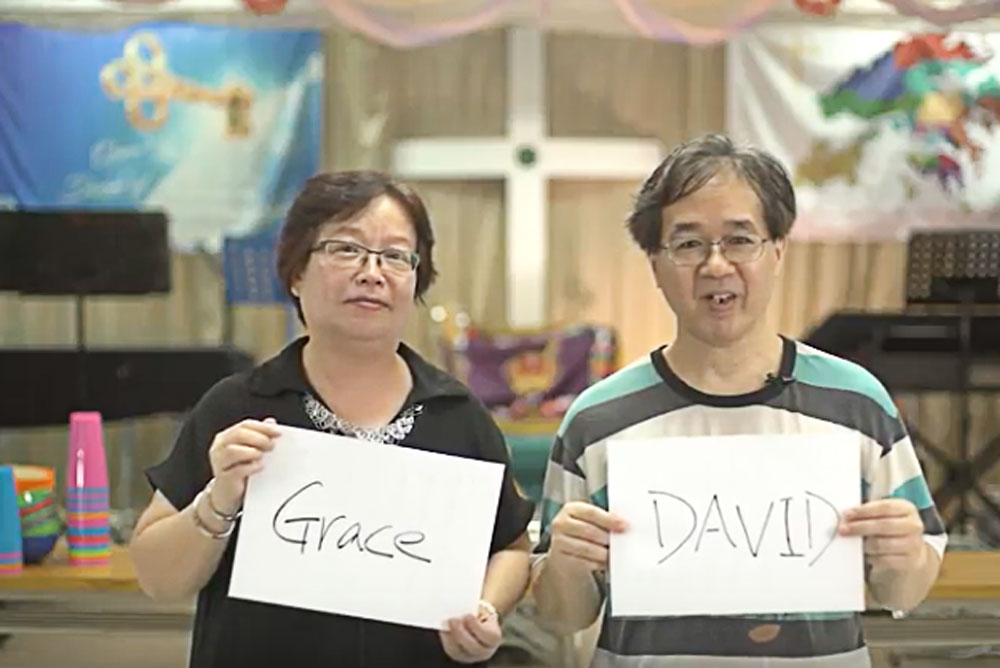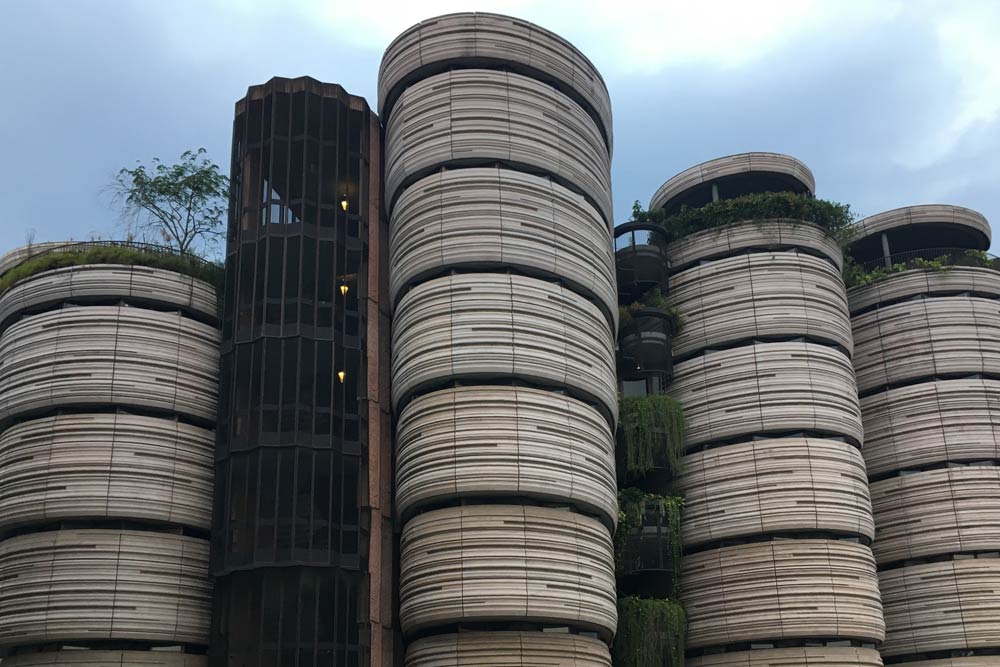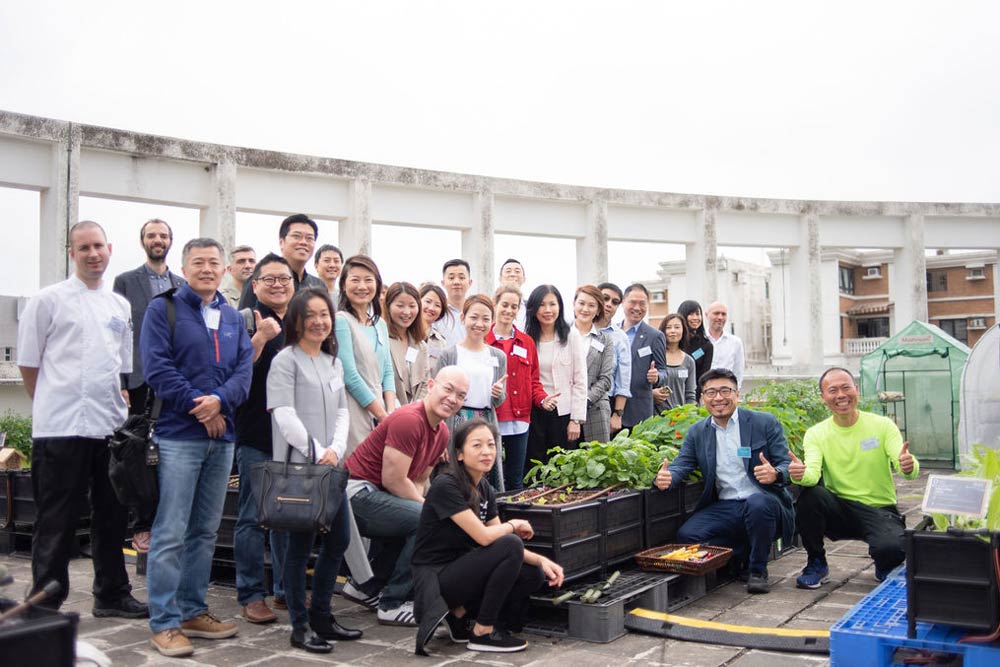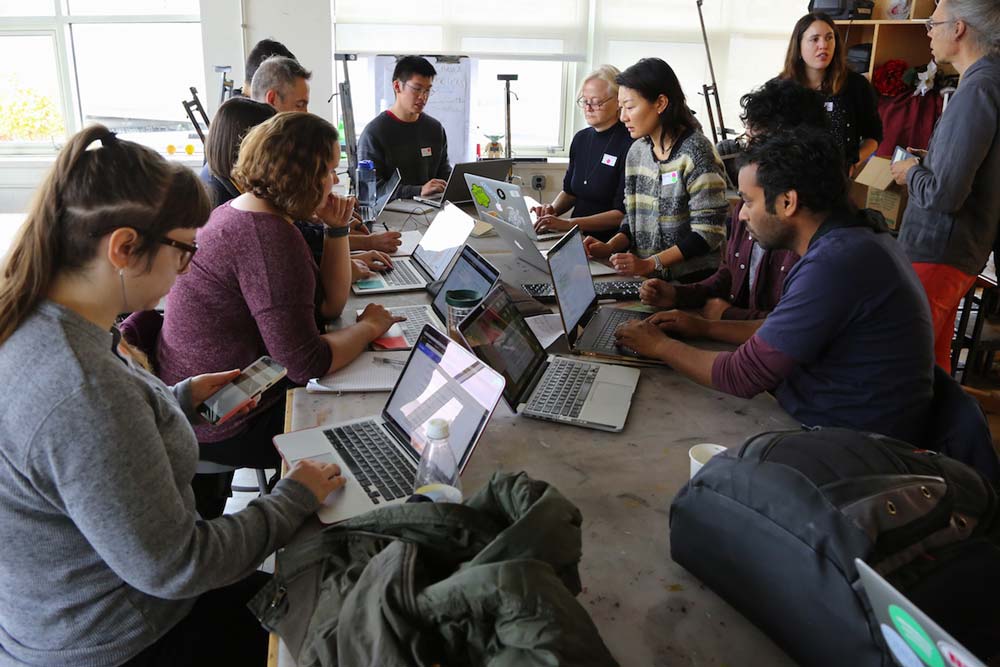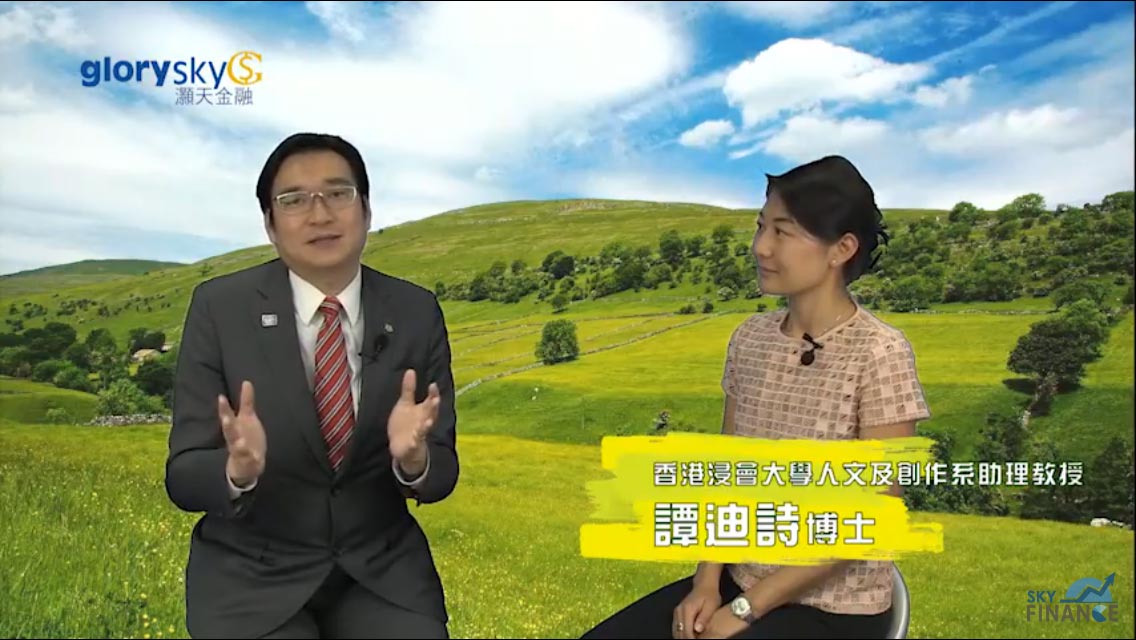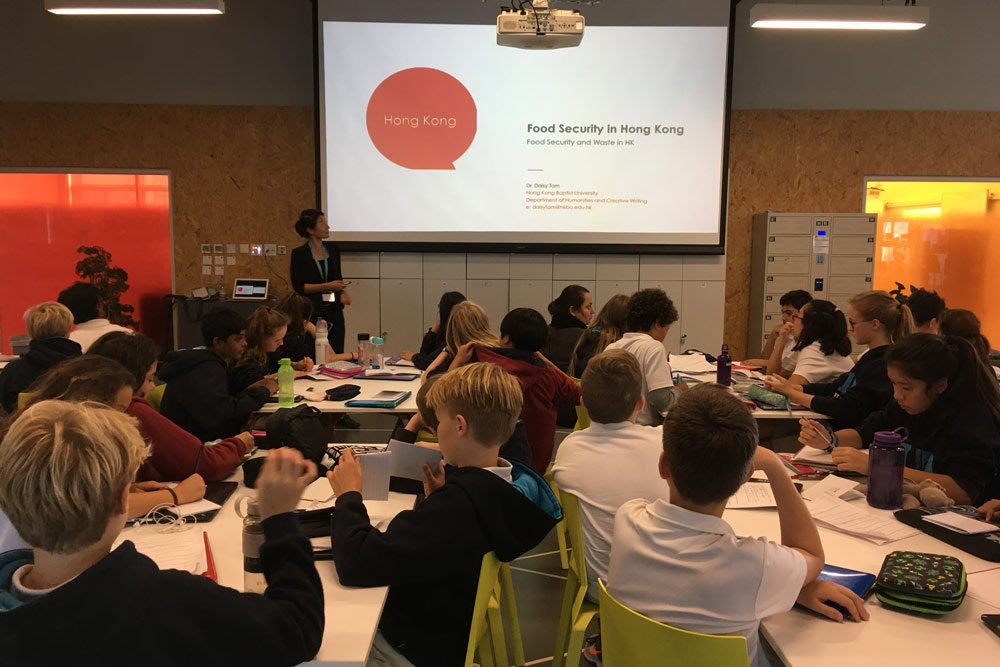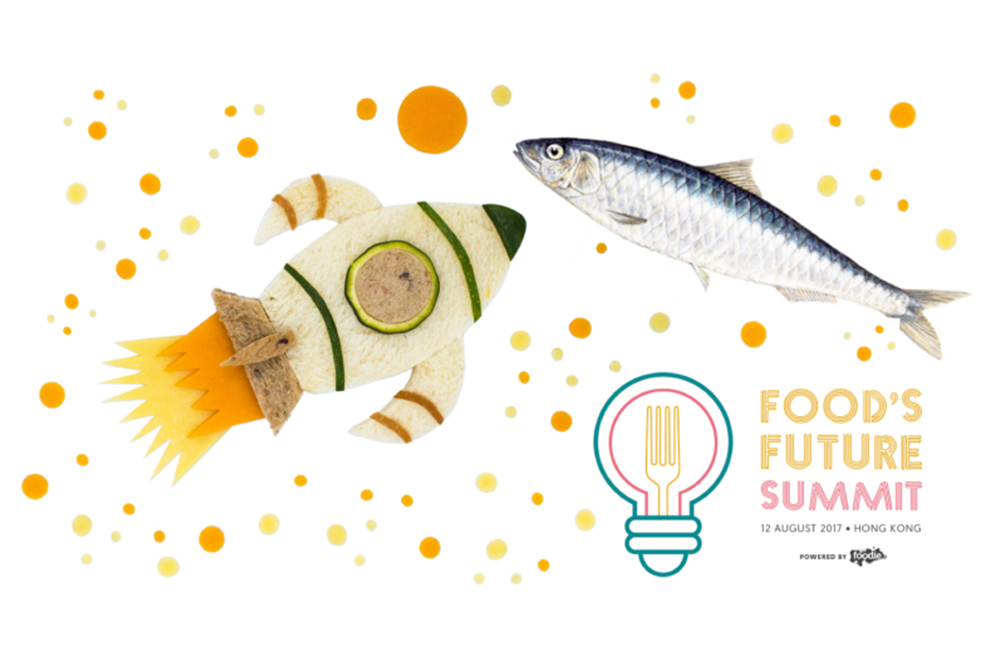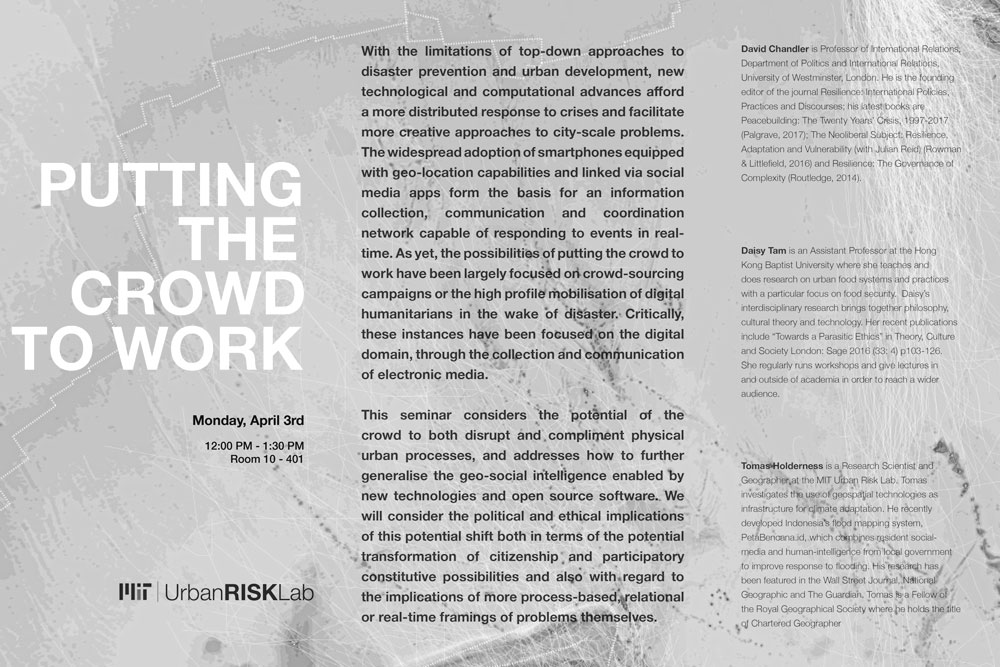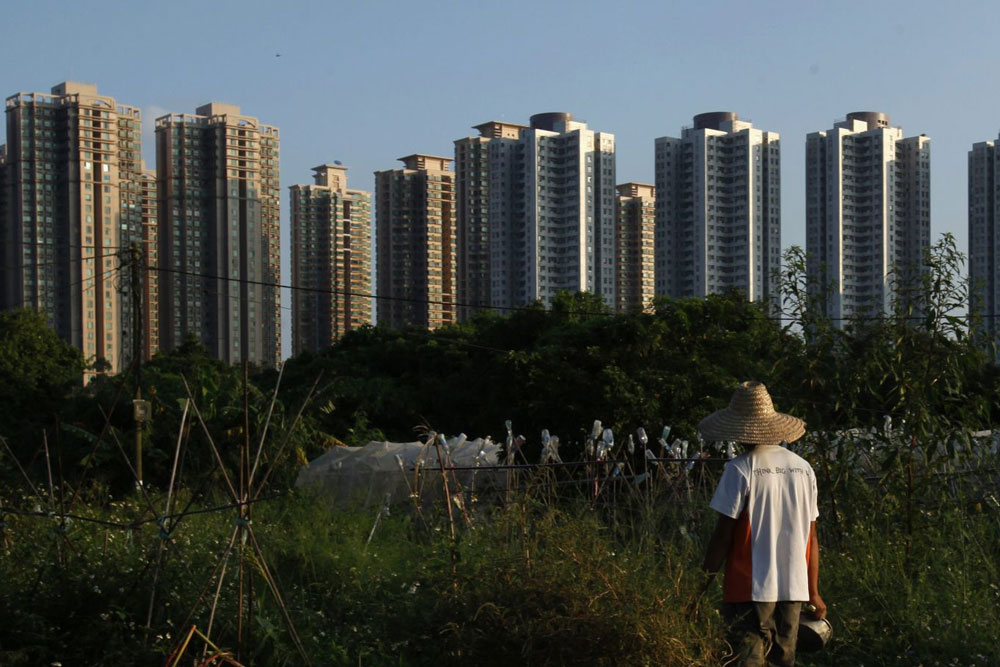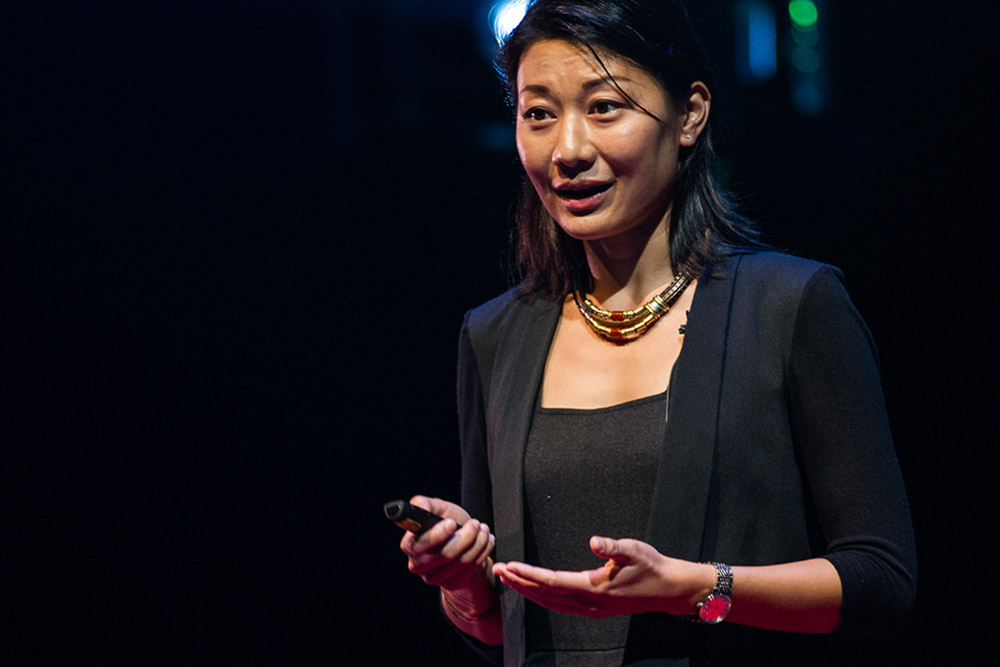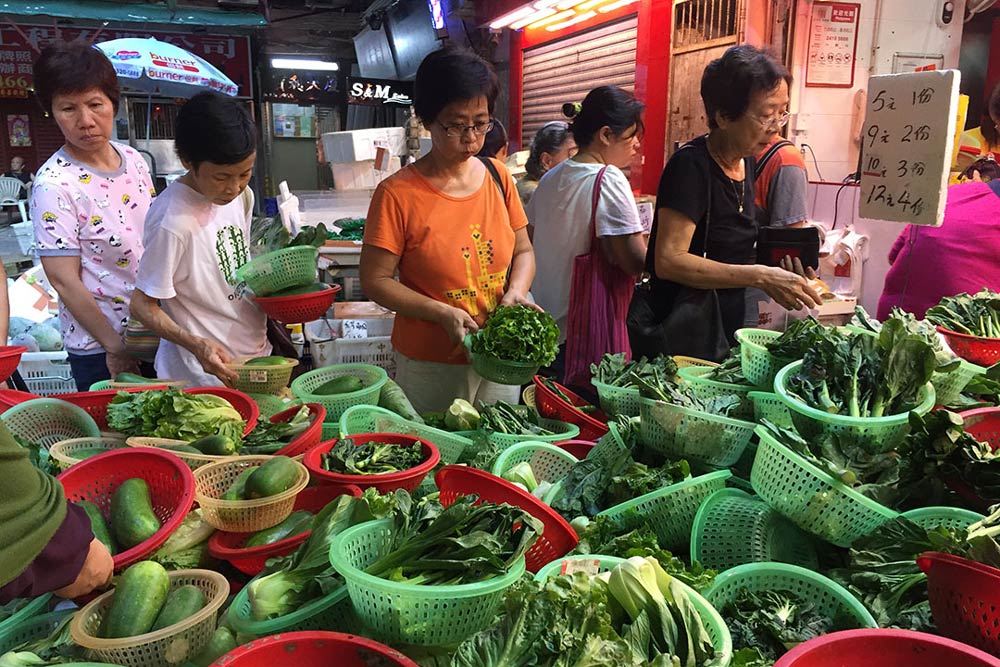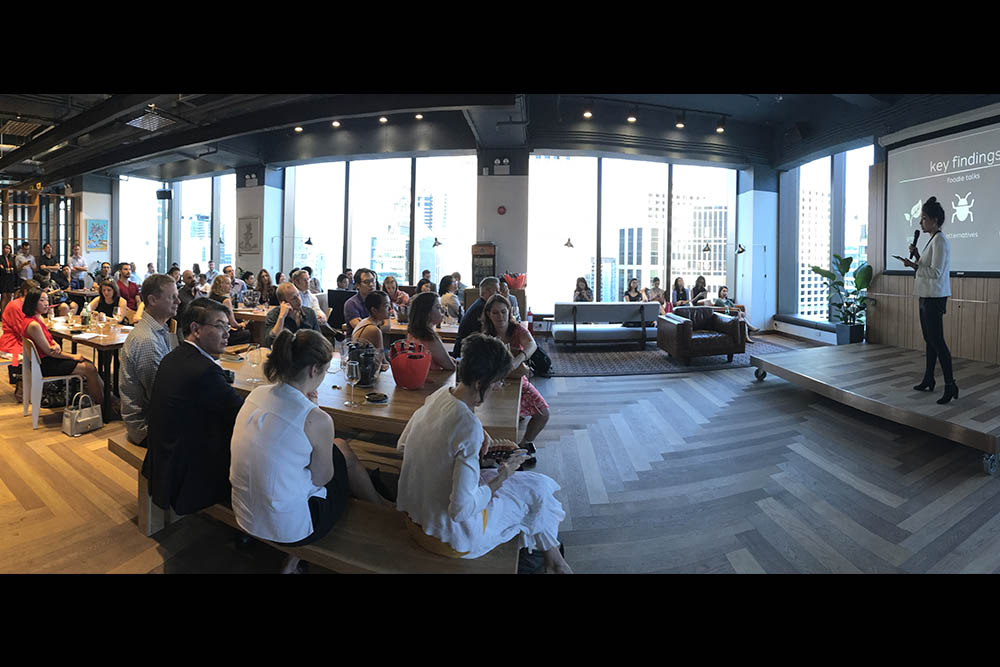Topic: Food Security
listing all news related to "Food Security"
Heat Waves are effects of climate change. Food System activities generate large amounts of GhG emissions and have a huge...
The anxiety of a citywide lockdown due to COVID has driven the population into another round of panic buying, leaving...
Interview discussing Covid19 price hikes. I share my views on the vulnerability of our urban food system, the opportunity to...
Food waste is a global issue, but for Asian cities like Singapore and Hong Kong, the majority of the waste...
Our dystopic food system produces both both hunger and excess, a logic so contradictory that seems only possible in dystopic...
In every crisis there is an opportunity, and now is the time to rethink what living could mean if we...
COVID19 is deepening the hunger crisis. According to Oxfam’s latest report, 12,000 people per day will die from hunger caused...
Pushing my trolley around the supermarkets’ empty shelves a few months ago – I couldn’t help but replay the scene...
Sourcing local and seasonal has become the response to the disruptions seen in our food supply chain. More than just...
The food shortage we experienced during the COVID-19 pandemic revealed the vulnerabilities of our food system. In Hong Kong, we...
So proud to see Breadline featured alongside other innovative projects selected to represent the New Asia in Tatler’s launch issue....
What would we eat after the apocalypse? What future foods would be available and in what forms? In this playful...
The future of food is tied to the future of our cities. In this interview on RTHK, I framed the...
In this interview with Noreen Mir, we chatted about my latest work Breadline – what it is, how it works...
Breadline makes its debut! This is the first crowdsourcing food rescue web application in Hong Kong that connects donors with...
In my talks, I have often spoken of the benefits of food donation or food rescue. In this video, I...
Hong Kong and Singapore are often considered twin cities on the global stage – it is similar in terms of...
My view is that urban agriculture is not a thing of the past, many cities in the world are experimenting...
What did you say? A hackathon on food security and resilience? How could I not jump at the opportunity to...
An opportunity to discuss the state of Hong Kong’s urban food system. How do we begin to build a stronger,...
Speaking to a packed room of students at City University was a great way to kick start 2018! Introducing students...
As part of the Interdisciplinary Unit of their IB curriculum, this group of Grade 7s from Hong Kong Academy spent...
The Zurich University of the Arts hosted a talk series on the topic of Ecologies: Matters of Coexistence for their...
A one-day event that brought together practitioners and entrepreneurs who are keen to change the way we eat. My panel...
Ahead of the Food Future Summit, I was asked about my hopes and fears for the future. Issues of overpopulation,...
This has been a long-awaited workshop. Taking place in the prestigious Massachusetts Institute of Technology (MIT) in Boston, this seminar...
After my TedX talk on Hong Kong’s Food Security, many were shocked to learn how vulnerable Hong Kong’s food system...
An opportunity to speak to an audience of 1200 at the Academy of Performing Arts – the largest Tedx event...
In this opinion piece (Initium), I was invited to write about my research on Hong Kong’s food system. Framing the...
As part of the month long event aimed at using technology to tackle food waste in the F&B sector in...

